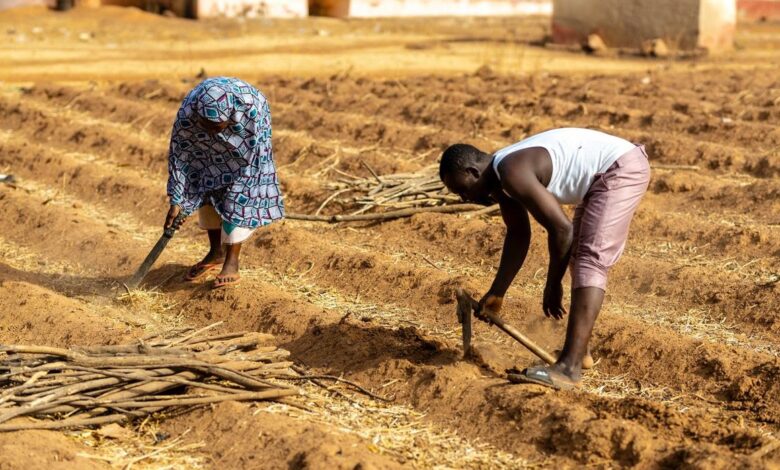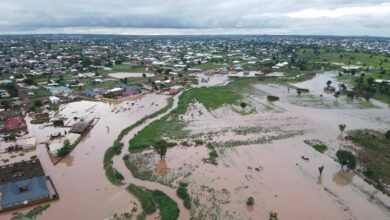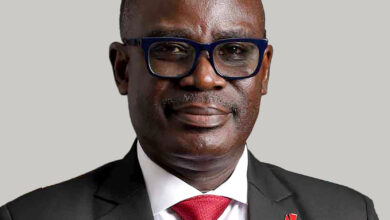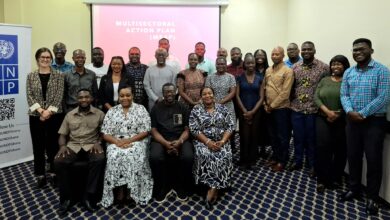USAID commits $3m to enhance climate resilience, healthcare in Northern Ghana

THE United States, through the U.S. Agency for International Development (USAID), has committed $3 million to mitigate the effects of drought on smallholder farmers and to enhance healthcare delivery in northern Ghana.
This funding, announced under the Feed the Future Resilience in Northern Ghana Systems Strengthening Activity, will be executed in partnership with the Ministry of Food and Agriculture, the Ghana Health Service, and selected civil society organizations.
Supporting Farmers with Climate-Smart Agriculture
Of the total funds, $1.7 million is earmarked to support smallholder farmers adversely affected by months of drought. USAID plans to assist over 10,000 farmers by:
- Training them in climate-smart agriculture techniques, such as dry-season farming, to build resilience against erratic weather patterns.
- Providing inputs to cultivate drought-resistant and nutritious crops, including cowpea, yellow maize, soybean, sesame, and moringa.
- Introducing alternative livelihood sources like guinea fowl, rooster, and rabbit rearing to diversify income streams.
In addition, the funds will facilitate the transport of surplus food from areas of abundance to regions experiencing shortages, ensuring food security across affected communities.
Complementary Efforts to Address Drought
The initiative builds on USAID’s earlier donation of $1.7 million through the World Food Program to address food shortages caused by prolonged dry spells.
“This is an important step in ensuring that communities not only have access to nutritious food but also good health and social services,” said Maureen Malavé, USAID/Ghana Nutrition and Social Protection Lead, at the grant announcement event in Tamale.
Boosting Healthcare Delivery
A portion of the funds will go toward improving healthcare services in northern Ghana. Though details were not fully disclosed, the focus will include collaborating with local stakeholders to strengthen the delivery of health and social protection services in rural areas.
The U.S.-Ghana Development Partnership
The United States remains Ghana’s largest development partner. In 2023, USAID provided over $150 million in bilateral support, targeting critical areas such as health, agriculture, education, and governance.
This latest $3 million investment underscores the U.S.’s continued commitment to fostering resilience, economic growth, and improved well-being in Ghana’s most vulnerable communities.
A Lifeline for Farmers and Communities
With its focus on climate resilience, supplemental livelihoods, and healthcare delivery, USAID’s intervention is poised to offer a lifeline to communities in northern Ghana as they navigate the dual challenges of climate change and limited resources.




